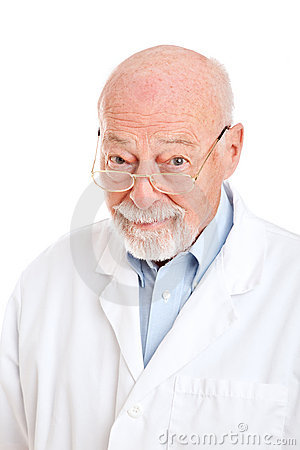I've noticed the following pattern within my own thinking - multiple unrelated events "combine" to produce a certain action, particularly creativity and innovation. I'm trying to understand if this phenomenon is true or common among people. As a way to learn more about this, I thought that placebo effect would be a good place to start.
To clarify my question: imagine you are going to get a drug prescription. It will be a placebo, but you don't know that. Would combining factors like below increase the effectiveness of placebo?
- clean doctors office
- a traditional white coat doctor like on stock photos treating you
- positive demeanor of staff
- perception of privacy
- thinking you are being prescribed a drug you have researched well and feel safe about
- seeing a presentation about the advances of modern medicine within a week before
Contrast this with the following:
- a dark, cramped waiting room
- long wait and short consultation
- a physician assistant or a nurse practitioner seeing you instead of MD
- unknown drug you have never heard of
- perceiving some negative news within last week
I'm trying to understand if a combination of unrelated events indeed does combine to affect the effectiveness of placebo? If so, is there the primary cause of change (like PA-C prescribing vs MD)?
I found the following on Wikipedia which makes me even more curious:
The expectancy effect[of placebo] can be enhanced through factors such as the enthusiasm of the doctor, differences in size and color of placebo pills, or the use of other interventions such as injections. In one study, the response to a placebo increased from 44% to 62% when the doctor treated them with "warmth, attention, and confidence."[47]
Here is what I think the traditional expectation of a doctor is:
